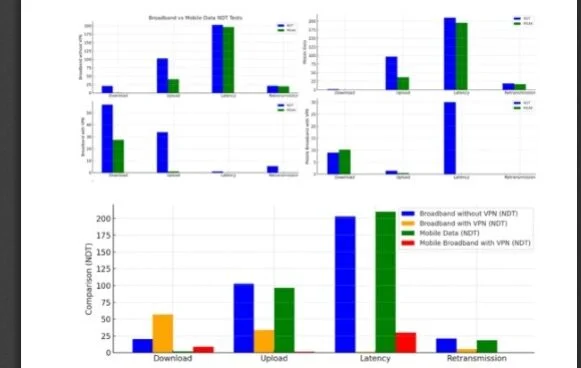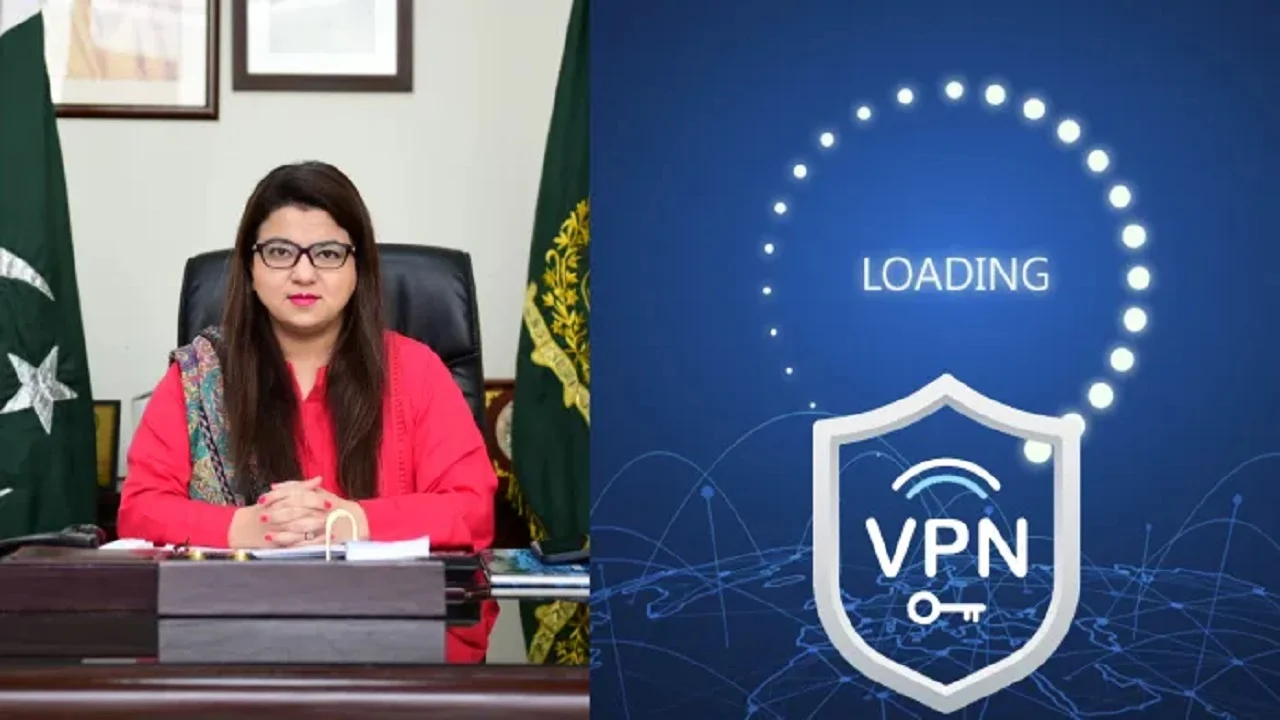The debate over slow internet speeds in Pakistan has intensified following the release of a new report by Bytesforall titled “Slow Internet in Pakistan and the Smokescreen of VPNs.” This report challenges the government’s assertion that the widespread use of Virtual Private Networks (VPNs) is responsible for the country’s internet slowdown.
Bytesforall conducted extensive speed tests across various Internet Service Providers (ISPs) using advanced network diagnostic tools. These tests assessed network performance with and without VPNs, measuring latency rates, upload and download speeds, and TCP retransmissions. Contrary to the government’s claims, the report revealed that internet quality actually improved when using VPNs, suggesting that VPNs are not the primary cause of slow internet speeds.

READ MORE: New Report Debunks VPNs as Cause of Internet Slowdown
Meanwhile, in a detailed response to the Lahore High Court (LHC), the Pakistan Telecommunication Authority (PTA) acknowledged that the decline in internet speeds is due to four main factors: damage to a submarine cable, mishandling by an internet company on July 31, a cyberattack on August 15, and high VPN usage. Despite these explanations, Bytesforall’s findings suggest that the true nature of the problem may be more complex than the government is willing to admit.




